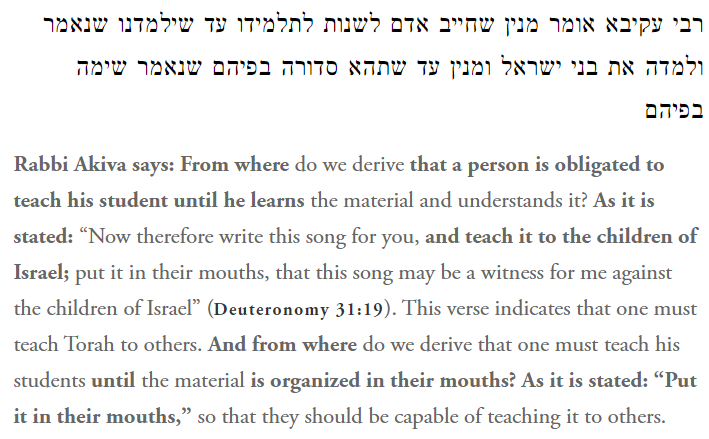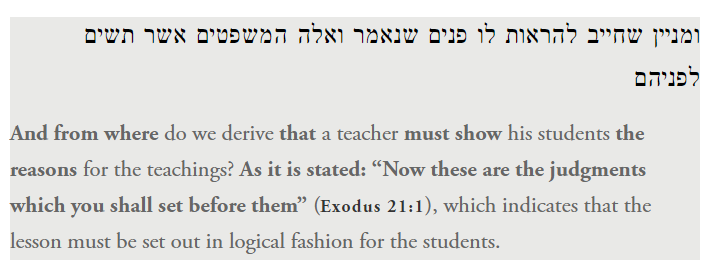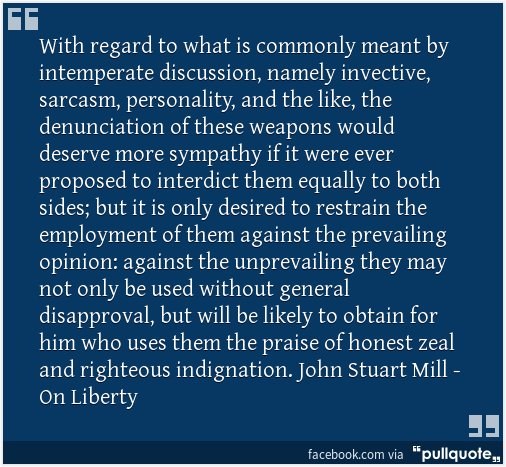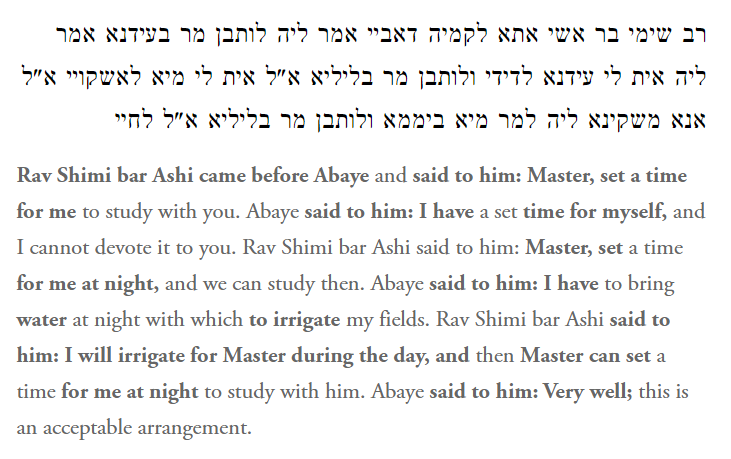1. Thread: Not a Twitter shiur, but I have some thoughts on the following pertinent question:
Should rabbis on Twitter block other Jews?
Should rabbis on Twitter block other Jews?
2. Disclaimer: I am intentionally omitting names because I want to focus on the concepts and ideas rather than single out any individuals.
I& #39;d prefer people to focus on my points rather than contribute to any pile-on or dredge up personal grievances.
I& #39;d prefer people to focus on my points rather than contribute to any pile-on or dredge up personal grievances.
3. The immediate impetus for this thread is the fallout from when a rabbi& #39;s controversial thread went viral and when Jews responded or attempted to respond, they found themselves blocked.
However, rabbis blocking people on Twitter is not uncommon. I& #39;ve blocked and been blocked.
However, rabbis blocking people on Twitter is not uncommon. I& #39;ve blocked and been blocked.
4. Blocking is a tool to help one& #39;s social media experience. Like all tools, whether or not it& #39;s "Good" or "Bad" depends on how it& #39;s used.
This requires understanding context on a case-by-case basis.
This requires understanding context on a case-by-case basis.
5. For a personal example, there have been a few Jews who pop into threads or respond to tweets adding nothing of substance, promoting their pet causes, or insulting other people.
I have no problem blocking these individuals and I think most people would understand.
I have no problem blocking these individuals and I think most people would understand.
6. Some rabbis engage in blockchains where they block people automatically, even if they& #39;ve never engaged with them. This may be an excessive tactic, but here too I can see the justification for blocking more "innocents" in order to prevent abuse.
7. I think people start objecting to rabbis blocking under the following conditions:
 https://abs.twimg.com/emoji/v2/... draggable="false" alt="✅" title="Fettes weißes Häkchen" aria-label="Emoji: Fettes weißes Häkchen"> Rabbi speaks "as a rabbi" leveraging rabbinic title for authority and credibility
https://abs.twimg.com/emoji/v2/... draggable="false" alt="✅" title="Fettes weißes Häkchen" aria-label="Emoji: Fettes weißes Häkchen"> Rabbi speaks "as a rabbi" leveraging rabbinic title for authority and credibility
 https://abs.twimg.com/emoji/v2/... draggable="false" alt="✅" title="Fettes weißes Häkchen" aria-label="Emoji: Fettes weißes Häkchen"> Rabbi assumes role of public figure trying to influence public opinion
https://abs.twimg.com/emoji/v2/... draggable="false" alt="✅" title="Fettes weißes Häkchen" aria-label="Emoji: Fettes weißes Häkchen"> Rabbi assumes role of public figure trying to influence public opinion
 https://abs.twimg.com/emoji/v2/... draggable="false" alt="✅" title="Fettes weißes Häkchen" aria-label="Emoji: Fettes weißes Häkchen"> Rabbi blocks dissent / critics
https://abs.twimg.com/emoji/v2/... draggable="false" alt="✅" title="Fettes weißes Häkchen" aria-label="Emoji: Fettes weißes Häkchen"> Rabbi blocks dissent / critics
8. This is where I think many rabbis want to have it both ways: They portray themselves as moral arbiters challenging a corrupt authority, "punching up" for the betterment of society, but bristle when their authority is challenged by people they consider beneath them.
9. According to the Talmud Eiruvin 45b, it& #39;s the job of the rabbi to teach the people repeatedly until they understand
https://www.sefaria.org.il/Eruvin.54b.14?lang=bi&with=all&lang2=en">https://www.sefaria.org.il/Eruvin.54...
https://www.sefaria.org.il/Eruvin.54b.14?lang=bi&with=all&lang2=en">https://www.sefaria.org.il/Eruvin.54...
11. The trouble I& #39;ve found is that some rabbis want to be bothered with such plebian tasks of trying to convince people of their point. They prefer to act like authoritarians even when challenging authoritarianism.
Blocking is super useful in this regard.
Blocking is super useful in this regard.
12. And aside from answering questions, blocking is useful when you want to prevent people from calling you out on dishonesty and/or literacy.
13. Rabbis w/an authoritarian mindset depend on an ignorant constituency incapable of checking the sources even if they wanted to.
People who supply contradictory evidence or point out the authoritarian rabbi misread or truncated a source are threatening and must be blocked.
People who supply contradictory evidence or point out the authoritarian rabbi misread or truncated a source are threatening and must be blocked.
14. @jewlicious raised an interesting point about congregational rabbis blocking congregants (not all ordained rabbis have congregations; I used to in NYC).
15. This is more delicate bec the rabbi is supposed to have a personal relationship w/the congregant. At the same time, social media is a platform that can be hijacked by trolls, including congregants.
16. In short, should rabbis block Jews? IMO the answer, unsurprisingly, is it depends on who is being blocked and why.
17. If blocking is to prevent abuse or trolling, I& #39;m ok with it.
If it& #39;s to duck criticism, I think that says more of the rabbi
If the rabbi equates criticism with abuse, that says even more about the rabbi
If it& #39;s to duck criticism, I think that says more of the rabbi
If the rabbi equates criticism with abuse, that says even more about the rabbi
18. Addendum 1: Arguing "respectfully" is often a red herring bec people always judge who is and isn& #39;t worthy of "respect" (also respect != deference)
I keep going back to this John Stuart Mill quote anticipating "tone policing."
I keep going back to this John Stuart Mill quote anticipating "tone policing."
19. I like to argue substantively and I try to be as respectful as possible. There are some things that set me off like dishonesty such as misquoting sources or selectively citing sources to produce a flawed argument.
20. If I& #39;m disrespectful to a rabbi& #39;s statement it& #39;s usually because I don& #39;t respect the statement. After enough such statements, I don& #39;t respect the rabbi.
And yes, I& #39;m sure lots of Jews and rabbis don& #39;t respect me as a rabbi either. The diff is, I& #39;m completely ok w/that
And yes, I& #39;m sure lots of Jews and rabbis don& #39;t respect me as a rabbi either. The diff is, I& #39;m completely ok w/that
21. Addendum 2: Ignoring a question is not the same as a block or a duck. Rabbis are busy and may not have time to answer everyone w/their myriad of other responsibilities.
See, for example, Gittin 60b
https://www.sefaria.org.il/Gittin.60b.14?lang=bi&with=all&lang2=en">https://www.sefaria.org.il/Gittin.60...
See, for example, Gittin 60b
https://www.sefaria.org.il/Gittin.60b.14?lang=bi&with=all&lang2=en">https://www.sefaria.org.il/Gittin.60...
22. I& #39;ll conclude by reupping my post on Religious Politics and Rabbinic Recognition. I think seeing how certain rabbis interact or block on Twitter can be indicative of which rabbis are motivated by teaching Torah and which are motivated by ego. https://joshyuter.com/2019/06/24/judaism/religious-politics-and-rabbinic-recognition/">https://joshyuter.com/2019/06/2...

 Read on Twitter
Read on Twitter





